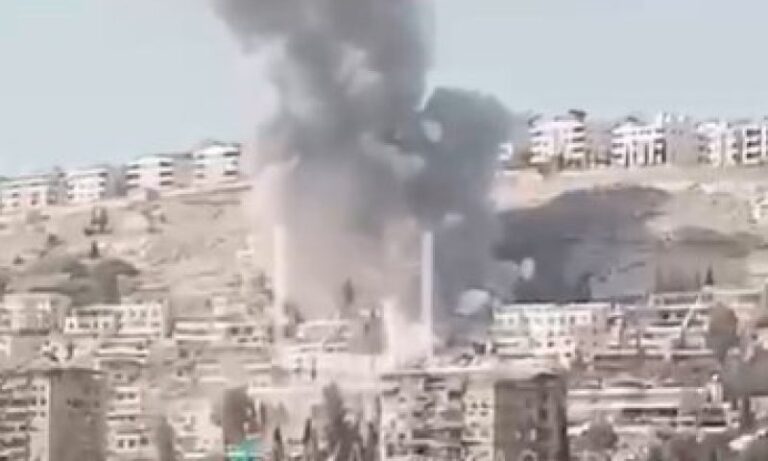Firefighters reported progress Tuesday in their battle against the wildfires that have ravaged some of Northern California’s most scenic areas, including twin blazes that were tearing through vineyards and brush-covered hills and threatening some 10,000 homes.
The two fires straddling Mendocino and Lake counties had burned 10 homes along 116 square miles (300 square kilometers) of rural land. Fire crews were able to slow the spread of one of the blazes into populated areas and instead the flames pushed into the Mendocino National Forest.
“Just because you see a big column (of smoke) standing up every day does not mean we’re not having some success in the fire line,” Cal Fire Battalion Chief John Messina told a community meeting in Lake County.
He urged people to stay vigilant because fires can easily jump over containment lines.
Evacuation orders were in effect for the 4,700-resident town of Lakeport, along with some smaller communities and a section of the national forest. In all, some 19,000 people have been warned to flee, fire officials said.
Lakeport, north of San Francisco, is the county seat and a popular destination for bass anglers and boaters on the shores of Clear Lake. But by Monday night it was a ghost town, the main streets deserted.
A few miles away, embers, ash and smoke swirled through vineyards where at least one home had gone up in flames. Firefighters set blazes at the bottom of hills to burn up the tinder-dry brush before flames cresting the ridge tops could feed on it and surge downhill. A fleet of aircraft made continuous water and fire retardant drops, filling the air with the roar of their engines.
But not everyone heeded the orders to evacuate.
Derick Hughes II remained behind at his property in Nice, California, where he ran sprinklers on his roof and removed yard plants that could catch fire.
The 32-year-old Marine Corps veteran sent his wife and two daughters to safety along with three carloads of belongings. But he said he had too much at stake to leave himself. He bought his three-bedroom house last year using a loan from the Department of Veterans Affairs.
“This is everything I bled for, and I’ve worked really hard to get to where I am, and I’m just not willing to give it up so easily,” he said over the phone. “Some people may think that’s selfish of me, and I have insurance. But the way things go, I’d rather not start over.”
About 100 miles (160 kilometers) north, the Carr Fire has burned more than 880 homes and killed six people in and around Redding. The blaze has also destroyed another 348 outbuildings and damaged 165 homes.
It is now the seventh most destructive wildfire in California history, fire officials said.
Cal Fire incident commander Bret Gouvea said he was cautiously optimistic about progress made against the fire, the Record-Searchlight newspaper of Redding reported.
“We’re turning the corner,” he said, adding that he hates “saying those things (because) this thing has made me a liar so many times.”
More than 27,000 people remained evacuated from their homes, although another 10,000 were allowed to return Monday as fire crews reinforced lines on the fire’s western edge. The fire was 27 percent contained.
Those fires were among 15 large blazes burning across the state, where fire crews were stretched to the limit.
Firefighters from 10 other states are helping battle the blazes, with six more states expected to send firefighting resources to California this week.
In Riverside County, east of Los Angeles, an arson fire that destroyed seven homes last week was 82 percent contained Monday.
Fire crews also have battled numerous small brush fires this summer, most charring only a few acres but still threatening homes in built-up areas along parched foothills. A 10-acre fire damaged 13 homes and apartments Monday in Santa Clarita, northwest of Los Angeles, county fire officials said.
McLean said there was no guarantee of safety in a state that has been ravaged by years of drought, turning trees and brush to tinder.
“Anything could happen anywhere. That’s the nature of the beast for all of these fires,” he said. “The vegetation is so dry all it takes is a spark to get it going.”
(AP)











